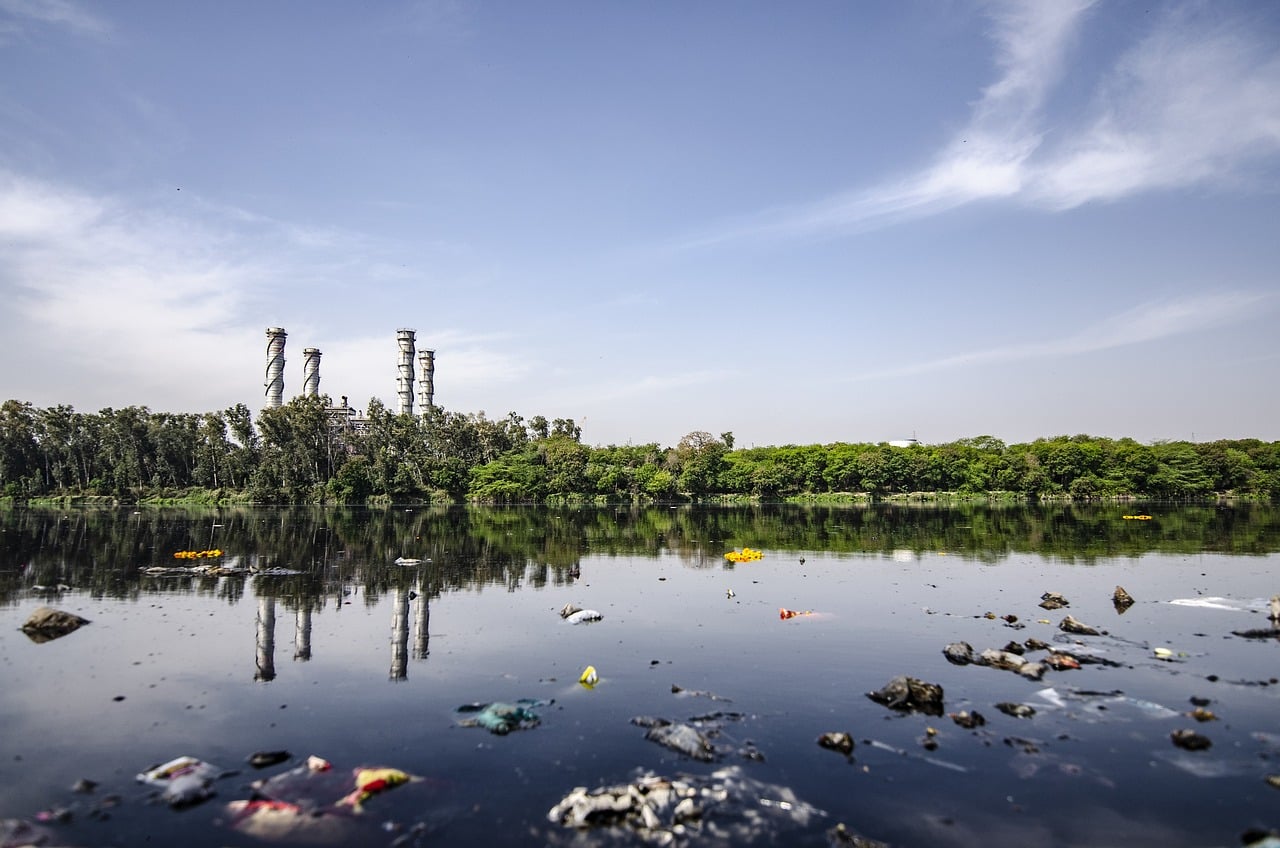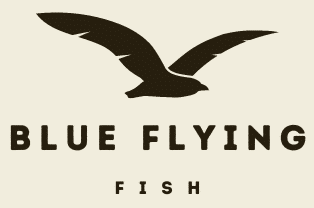How can sustainable agriculture practices reduce water pollution?

Water is a valuable resource that is integral to the existence and survival of life on our planet. For centuries, agricultural practices have revolved around water for crop production, livestock rearing, and horticulture. However, in recent decades, the quality of water resources has been increasingly compromised due to certain agricultural practices. Unsustainable farming methods have long caused water pollution, affecting both water bodies and soil quality negatively. But, can a shift to sustainable agriculture practices reduce water pollution? Absolutely!
By introducing sustainable practices in agriculture, we can significantly reduce water pollution and enhance water quality. This approach involves a combination of modern technology, traditional wisdom, and innovative solutions. Sustainable agriculture practices like conservation tillage, integrated nutrient management, drip irrigation, and the use of filter strips can dramatically cut down water pollution levels.
Sujet a lire : What are the economic prospects of space mining and resource extraction?
Conservation Tillage
Conservation tillage is a sustainable agricultural practice aimed at reducing soil erosion and water runoff. Traditionally, farmers have employed intensive tillage systems which involve turning and stirring the soil before planting crops. While this method may boost short-term crop yields, it often leads to long-term soil degradation and increased surface runoff, causing water pollution.
Conservation tillage, on the other hand, involves minimal disruption of the soil. The residue from previous crops is left on the field to serve as cover crops. This practice not only preserves soil structure and nutrient content, but it also decreases surface runoff, thereby reducing the chances of water pollution.
A lire aussi : What is the impact of green building materials on construction sustainability?
Integrated Nutrient Management
Fertilizers and pesticides, though essential for farming, often contribute significantly to water pollution when misused or overused. These chemicals can leach into groundwater or be washed into water bodies through surface runoff, contaminating water resources.
Integrated nutrient management is a sustainable approach that aims to balance the benefit of nutrient inputs with the potential risk of water pollution. It involves use of organic fertilizers, careful timing of fertilizer application, and precision farming practices to reduce the excessive use of chemicals. With fewer chemicals entering water bodies, the quality of water can be significantly improved.
Drip Irrigation
Irrigation is vital in farming. However, traditional irrigation practices often result in water wastage and runoff, leading to increased water pollution. Drip irrigation is a water-efficient method that can help resolve this issue.
In drip irrigation, water is delivered directly to the root zone of crops, reducing the amount of water wasted through evaporation or runoff. This method not only conserves water resources but also decreases the risk of nutrient leaching and surface runoff, thereby reducing water pollution.
Filter Strips
Filter strips are areas of grass or other dense vegetation planted between crops and water bodies. They serve as a physical barrier, filtering out sediments, chemicals, and other potential pollutants from surface runoff before it reaches a water body.
By incorporating filter strips into farming practices, farmers can effectively reduce the amount of pollutants entering our water resources. These strips not only filter water but also provide habitats for wildlife, adding to the biodiversity of the farm.
In conclusion, sustainable agriculture practices have tremendous potential to reduce water pollution. Conservation tillage, integrated nutrient management, drip irrigation, and the use of filter strips are strategies that can significantly reduce the impact of farming on water quality. As custodians of the land, it’s up to us to adopt these sustainable farming methods, ensuring that our precious water resources remain clean and safe for generations to come.
